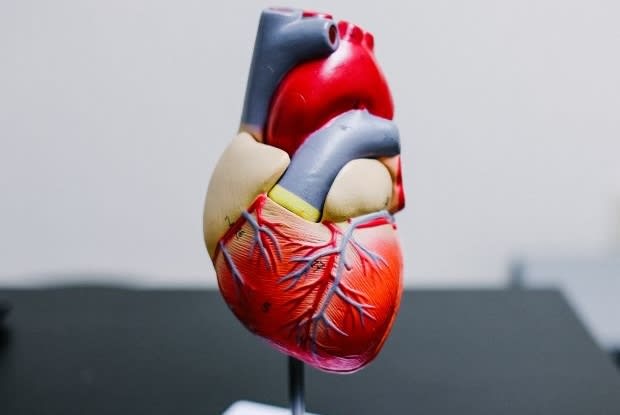Table of Contents
Heart Failure Overview
The heart is responsible for distributing oxygen-rich blood to all of your muscles, tissues, and organs. When the heart is healthy, the body circulates blood efficiently. If the heart fails, your life may be at risk.
Heart failure occurs when the heart is disrupted or weakened in some way so that it is unable to pump enough blood to the body. The medication used to treat heart failure will depend on the underlying cause. Generally, Corlanor (ivabradine) or beta-blockers like metoprolol are prescribed for heart failure.
According to the CDC, about 6.2 million Americans are affected by heart failure. This condition can be caused by many factors, including underlying health conditions, lifestyle choices, and medications for other illnesses. If you have one or more of the following symptoms, you may need to see your doctor to assess your heart health:
- Sudden weight gain
- Persistent coughing
- Irregular heart rate or heart palpitations
- Abdominal swelling
- Leg and ankle swelling
- Shortness of breath
- Protruding veins around the neck area
Read on to learn more about possible causes of heart failure. Heart failure can be chronic or acute. In both cases, early treatment can give you a better chance of managing symptoms. [1] Coronary artery disease (CAD) is the most common condition that causes heart failure. CAD is also known as ischemic heart disease This condition is caused by plaque buildup in the walls of the coronary arteries (arteries that supply blood to the heart). Plaque buildup narrows the arteries and can cause chest pain, a cold sweat, or pain in the arms and shoulders. Over time, CAD can weaken the heart, leading to heart failure. Ischemic heart disease is more likely to occur in those who are overweight. Additionally, those who smoke tobacco, eat an unhealthy diet, or live a sedentary lifestyle are at risk of CAD. Speak to your doctor if you are at risk of this disease. CAD can be prevented by maintaining healthy blood pressure and blood cholesterol levels. Treating CAD early can help minimize your risk of heart failure. [2] Another possible condition that can lead to heart failure is cardiomyopathy. This disease thins or thickens the heart muscles and reduces the heart’s ability to pump blood. More specifically, dilated cardiomyopathy thins the ventricle, and hypertrophic cardiomyopathy causes the heart muscle to become abnormally thick. Both types of cardiomyopathy may cause symptoms like fluid buildup, bloating of the abdomen, fatigue, and chest discomfort. Additional symptoms include: If you show any signs or symptoms related to cardiomyopathy, it is best to get emergency medical help right away. Cardiomyopathy is sometimes hereditary, but this condition may be caused by long-term high blood pressure, metabolic disorders like thyroid disease, or iron buildup in your heart muscle (hemochromatosis). Ask your doctor to assess your risk level for cardiomyopathy if you think you are at risk. [3] Many other conditions can lead to heart failure, including: It is also worth noting that certain external factors can cause heart failure. Some common external factors include certain cancer treatments like chemotherapy along with substance abuse and drinking too much alcohol. As explained above, cardiomyopathy is one of the most common causes of heart failure. Certain types of chemotherapy can lead to dilated cardiomyopathy. For example, trastuzumab and anthracyclines are types of breast cancer treatments that can cause cardiomyopathy. Furthermore, radiation treatment to the chest area can increase your risk of heart failure. Talk to your healthcare provider if you are concerned about chemotherapy causing heart problems. [4] Moderate alcohol consumption is typically not a concern for healthy people, but heavy drinking and alcohol intake can lead to high blood pressure, which is a common cause of heart failure and stroke. Excessive drinking is also linked to cardiomyopathy. If you enjoy alcohol, try to stick to moderate levels to ensure your heart health. [5] The content in this article is intended for informational purposes only. This website does not provide medical advice. In all circumstances, you should always seek the advice of your physician and/or other qualified health professionals(s) for drug, medical condition, or treatment advice. The content provided on this website is not a substitute for professional medical advice, diagnosis, or treatment.
Coronary Artery Disease
Cardiomyopathy

Other Causes

a. Chemotherapy
b. Alcohol Misuse
